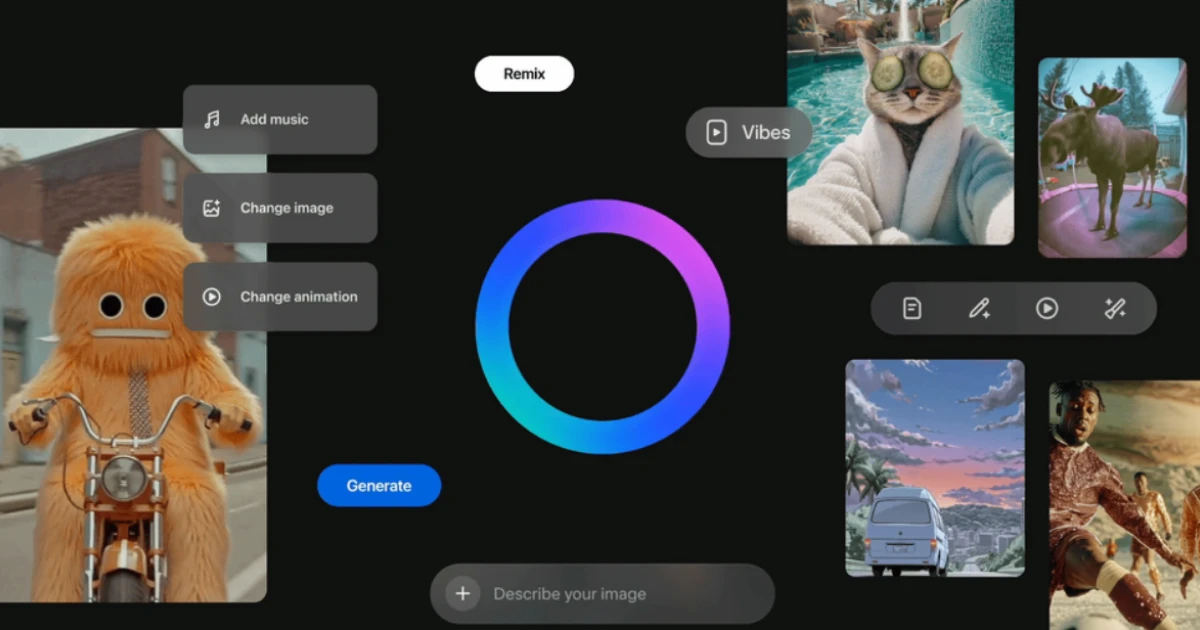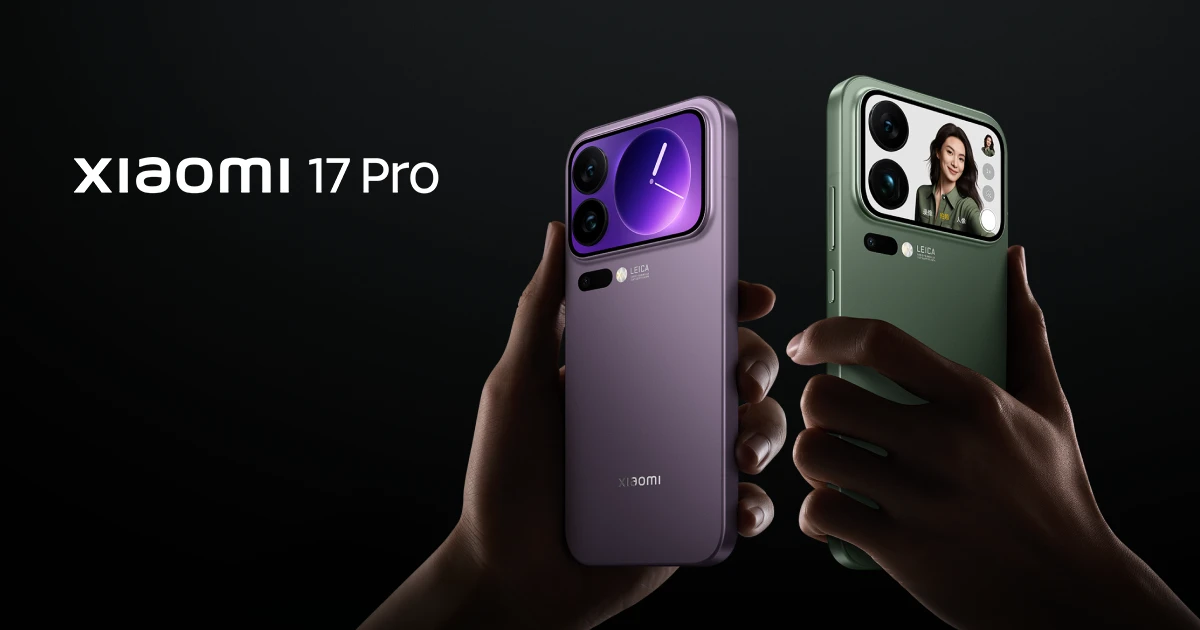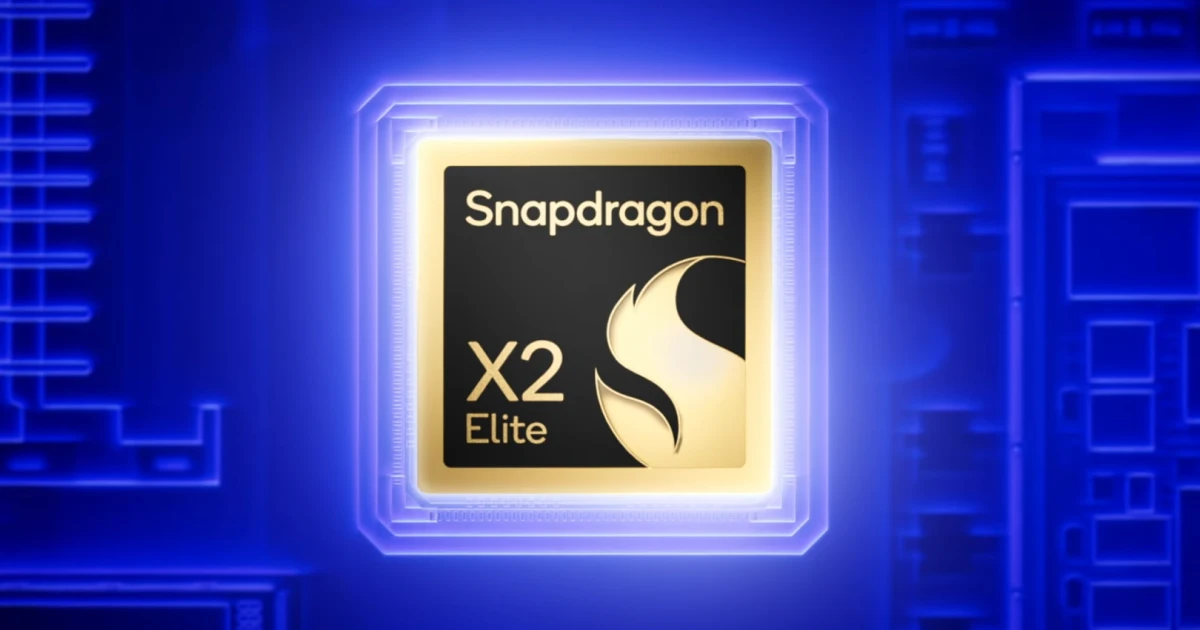“It's easier than ever to get more done simply by speaking naturally, without remembering specific phrases or pressing buttons on the screen. Sending messages to a friend who prefers another language? You can tell Gemini to remember to always send messages to Joe in Spanish. Then later, when you message Joe, rather than just transcribing verbatim what you say, Gemini can help craft the perfect message for you,” mentioned on Google’s blog. And the best part is that it can be translated into over 40 languages.
Even more so, Patrick Brady, the VP of Android for Cars, said that “This is really going to be, we think, one of the largest transformations in the in-vehicle experience that we’ve seen in a very, very long time,” during their virtual briefing with members of the media.
Gemini will also act as a much more powerful smart voice assistant. Drivers or even passengers will have the ability to use the AI assistant, as the voice recognition system will not be the same as the one used on the phone.
Everyone will be able to ask Gemini to send texts, play music, and do all the things Google Assistant was already able to do. The difference is that users won’t have to be so robotic with their commands, thanks to the natural language capabilities that come with Gemini.
Gemini can also keep in mind things such as contact preferences and receive text messages in a particular language. Google also claims that Gemini will be capable of doing one of the most common in-car tech demos, also known as in-car tech demos, looking for good restaurants along the planned route. The purpose of the Gemini introduction into Android Auto is to reduce cognitive load as more and more companies are struggling to move further from touchscreens and bring back physical knobs and buttons.
Gemini will also be leveraging Google’s cloud processing to operate in both Android Auto and on cars with Google Built-In. Yet, Brady said that Google is working with automakers in order to “build in more compute so that [Gemini] can run at the edge,” which would not only help with performance but also build with reliability, coming as a challenging factor in a moving vehicle that may be latching onto new cell towers every few minutes. Brady also added, “We definitely think as cars have more and more cameras, there’s some really, really interesting use cases in the future here,”, as reported by TechCrunch.














